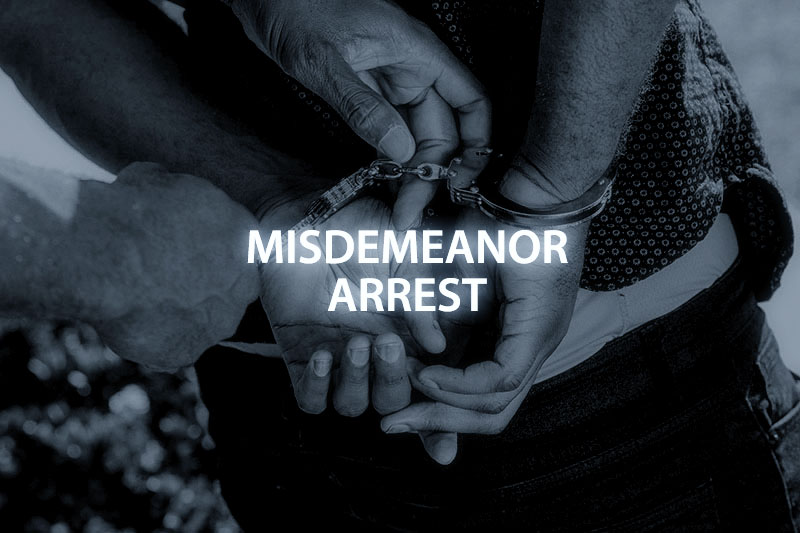These real-life case studies illuminate the diverse range of strategies defense attorneys may employ to achieve positive outcomes for clients facing misdemeanor charges in California. From challenging the validity of evidence to negotiating alternative sentences and arguing for self-defense, the ingenuity and persistence of defense counsel play a pivotal role in navigating the legal system. These examples underscore the importance of skilled legal representation and demonstrate that even in challenging circumstances, effective defense strategies can lead to successful resolutions.
Designing an effective defense for a defendant facing charges under California's Three Strikes law involves a multifaceted approach. From challenging the validity of prior strikes to negotiating plea deals and proposing alternative sentencing, defense attorneys must leverage every available tool to protect their clients' interests. Given the stakes, legal representation by a lawyer with specific experience in three-strike cases is indispensable. While the Three Strikes law aims to deter repeat offenders by imposing severe penalties, the justice system must also safeguard against unjustly harsh punishments, ensuring that sentences are proportional and fair.
California’s shift towards rehabilitation over incarceration for misdemeanor offenders marks a progressive step in the criminal justice system. Diversion programs, counseling, and community service not only serve punitive purposes but also play a crucial role in preventing recidivism by equipping individuals with the tools and support needed for positive change. As these programs continue to evolve and expand, their potential to transform lives and reduce the burden on the criminal justice system becomes increasingly evident, paving the way for a more rehabilitative and restorative approach to justice.
The shift towards alternative sentencing options in California represents a progressive understanding of crime and punishment. Diversion programs, rehabilitation, and treatment offer practical, compassionate solutions that focus on recovery rather than retribution. This approach not only supports individuals in breaking the cycle of offending but also contributes to safer communities by addressing the root causes of crime. As these programs continue to evolve, they provide valuable models for how justice systems worldwide might better serve society and individuals alike.



